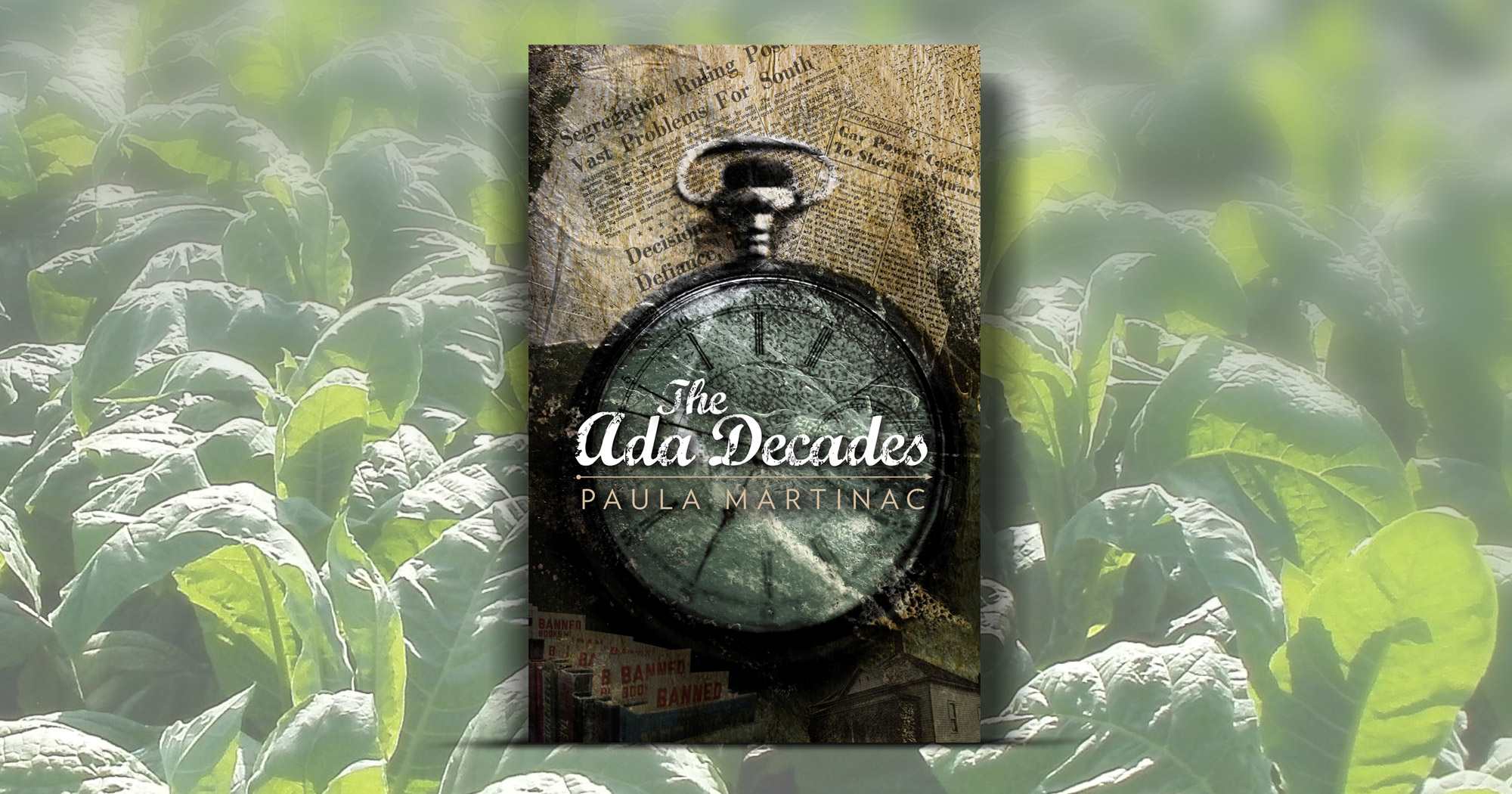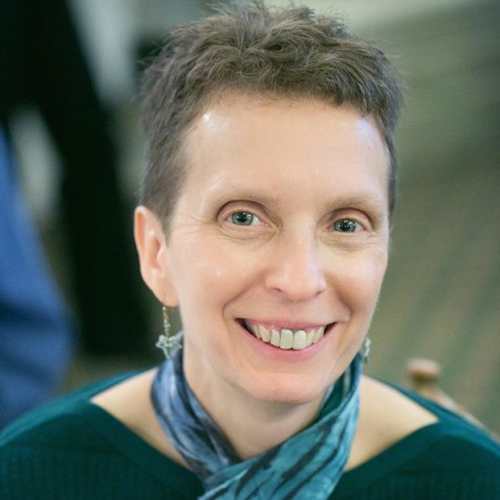Paula Martinac's Southern Warrior

General jargon may render truth “alternative” and knowledge always questionable, but against such strange turns stand fighters: in burgeoning political circles, on march, and in our libraries. The heroine of Paula Martinac’s newest novel, The Ada Decades (Bywater Books) is one such warrior: a ferocious Southern woman who battles homophobia, racism, and ignorance, all from her place behind the library desk.
Stories like Ada’s are a balm in times like these, and Martinac conveys this story with regional charm and affecting touches. We asked the author about her novel, and about its particular, renewed power now.
Paula Martinac, author of The Ada Decades
Your novel captures extremely painful time periods in the South. Did the fact that North Carolina is still not particularly kind to women like Ada impact your writing at all?

Paula Martinac: 'Librarians are the gatekeepers of democracy...they go to bat for knowledge.'
Yes, current events in North Carolina had a direct effect on the end of the book. I decided to use 2015 as the last year that we see Ada. I knew that if I went into 2016, I couldn’t avoid HB2, the so-called “bathroom bill,” unless I wanted to ignore it or pretend it didn’t happen.
We’re in a dark time in North Carolina now, and I was conscious of wanting to leave Ada in a more hopeful moment in LGBT history – when she’s met and befriended a lesbian couple who have just gotten legally married and call each other “wife.”
Why make your lead, who has to battle so many kinds of ignorance and prejudice, a librarian?
I think librarians are real heroes, so I wanted a librarian to be the hero of my novel. Many of us have this image of them as stern ladies who go around “shushing” children and adults, but a former president of the American Library Association describes librarians as “fighters for freedom” who “cause trouble.” I just love that.
Librarians are the gatekeepers of democracy who make sure all of us can have free access to information. They go to bat for knowledge, standing up to the bullies who try to ban books. That’s really radical. And it turns out, too, that lots of queer women have been librarians.
How do you think Ada and Cam would respond to the particular challenges of the Trump era?
I picture Cam at the Women’s March on Washington, wearing a pink pussy hat! She would go on a bus with a group like the League of Women Voters.
Ada would stay home and sit out the march, like she did in 1963, no matter how much Cam described it as “historic.” But I definitely see Ada writing postcards to her senators against the confirmation of Betsy DeVos as Secretary of Education. She would be horrified at any attempts to destroy public education.
Can you tell us about the experience of working with Bywater to bring The Ada Decades to press?
I had a positive experience with Bywater when they published the e-book edition of my first novel, Out of Time, in 2012, and I knew Ada would be in good hands with them. Everyone there has been enthusiastic about the book.
There’s really nothing comparable to working with a small press—you get to know everyone from the publisher to the book designer to the social media maven. And when it’s also a woman-owned company that understands lesbian and feminist work, that’s the cherry on top. The layer of having to explain your characters or situations is just stripped away.
What projects are you working on next?
In between teaching, I’m finishing up a novel whose working title is Clio Rising. This one takes place in 1983, mostly in New York City but also a little in western North Carolina, and it’s an intergenerational story about a young lesbian who goes to work for a famous feminist writer of the Paris “Lost Generation.”

Michelle Anne Schingler is the managing editor at Foreword Reviews. You can follow her on Twitter @mschingler or e-mail her at mschingler@forewordreviews.com.
Michelle Anne Schingler
